Last updated December 4, 2023
Definition of Cultural Equity in the Context of CDSS
In the context of CDSS, cultural equity encompasses the values, policies, and practices that ensure that all people have access to the dance, music, and song traditions defined in our mission. This includes the fair distribution of programmatic, financial, and informational resources, as well as a responsibility to research and share the complete history of the traditions we support.
We are working to empower everyone who wants to participate in these traditions to do so with a full sense of safety and belonging. This includes people who have been historically underrepresented or denied access based on age, body size or type, citizenship status, disability, gender identity or expression, veteran status, national, regional, or ethnic origin, race, religion, sexual or romantic orientation, and socioeconomic status.
About Our Cultural Equity Work
This page was created to provide updates on our ongoing efforts to improve equity and remove barriers to access in our organization. This is not a finished story, nor is it one of rapid change. It is a story of deep introspection, steady progress, and work that will continue. We hope you will take the time to read about where we are and how this work is informing our new strategic plan. If you have feedback, suggestions, or questions, you are welcome to email them to katy@cdss.org.
Quick Links
- About Dance Calling Language at CDSS (Oct. 13, 2023)
- Executive Summary and Recommended Equity Action Plan from the CDSS Cultural Equity Advisory Group
- What’s Coming Next
- More about the Cultural Equity Advisory Group
- Video recording of our community meeting on cultural equity (Nov. 30, 2022)
Background
Adopting a Core Value of Inclusivity
In 2018 our Board and staff adopted a new 5-year Strategic Plan, which included mission, vision, and focus area statements, as well as four core values: stewardship, collaboration, creativity, and inclusivity. In the process of selecting our core values, we discussed a wide range of topics, from the community-based nature of the traditions we love, to the responsibility we hold to keep them healthy and thriving, and the ways in which we can remove barriers for folks who have felt excluded. The new plan went into effect in 2019. We convened Board/staff task groups to support the work and began our 5-year exploration of the way the mission, vision, and values manifest throughout our operations. We were excited and energized about building the future of CDSS with these new goals.
Responding to the World Around Us
A strong mission and strategic plan can carry an organization a long way, but sometimes the outside world necessitates a reevaluation of our priorities. The past decade of increased social activism came to a close with a contentious U.S. presidential election, the global COVID-19 pandemic, and continuing violence against Black, Indigenous, and people of color (BIPOC) individuals in the U.S. We have all been affected by these movements. And like many other predominantly white-led organizations, CDSS began reflecting as an organization on systemic racism in our institutions and how it creates misalignment between an institution’s intent and its impact. As people who believe in the positive health and emotional benefits of participatory arts, we knew we needed to do more to address structural barriers that prevent people from participating or feeling comfortable in our spaces.
The killing of George Floyd in May of 2020 felt like a tipping point—a call to action for organizations to interrogate the unexamined structural racism and cultural inequity in our spheres. That summer the CDSS staff and Board had conversations about what more we could do to educate ourselves and how we could work against systemic injustice in the folk arts community. We issued a statement affirming the need for this work within our institutions. We opened up our Community Grants to people doing anti-racism and cultural equity work in their dance, music, and song communities. We listened to community feedback calling on us to recognize and address systemic racism as it manifests in how we operate, to go beyond performative statements and checking boxes, and really commit time and resources to long-term diversity, equity, and inclusion work. And we recognized that we needed more diverse voices and perspectives to help us see the things we could not see. People who benefit from systemic inequity often have the hardest time recognizing it. Inspired by the work of Americans for the Arts, we formed a Cultural Equity Task Group that included members of the staff and Board, whose purpose was to convene a year-long advisory group of diverse individuals to evaluate our organization.
Committing to Online Programming
As part of our response to the COVID pandemic and in an attempt to broaden access to our programs, CDSS committed to year-round online programming. The organization’s main programming for the past 50+ years had been in-person camp sessions. These require money, time, and resources to attend, and are often in locations that have limited accessibility for folks with disabilities. We knew this, and yet prior to the pandemic it was hard to imagine conducting community-based programming online. The pandemic revealed a lot about what is possible for the arts online, and what types of programming and training work best in that format. So in 2021 we expanded our regular programming to include free and low-cost online offerings year-round, creating more accessible opportunities for folks everywhere to learn and develop their skills.
Convening an Independent Cultural Equity Advisory Group
Also in early 2021, the Cultural Equity Advisory Group’s year of work began. Unlike a “task group” that has a clearly defined task to accomplish, an “advisory group” is asked to provide insight and advice to the Board and staff. We asked the Cultural Equity Advisory Group to review our operations, our programs, and our outward communications within the framework of our existing mission, and to identify actions we could take to promote the living traditions that are dear to us in anti-oppressive ways. We asked them to help us understand the ways that CDSS has caused harm so we can stop perpetuating that harm. We wanted to make sure that, in our work and play, we carry out our mission of strengthening and supporting communities in a way that builds more equitable relationships.
The advisory group worked independently, with support and information from our Board and staff as requested. As they conducted their review, we continued our efforts to facilitate more training sessions for our staff, Board, and communities, as well as making grant funding available to local groups interested in anti-racism and cultural equity work. In March of 2022, the Cultural Equity Advisory Group wrapped up their work and presented the Board and staff with a write-up of their process, along with a report and recommendations.
What We've Learned from Our Cultural Equity Work So Far, Including the Advisory Group Materials
We are still learning, and receiving the materials from the Cultural Equity Advisory Group this spring was a significant point along the way. Over the past several months, the Board and staff have been processing and discussing the advisory group’s recommendations. We’ve chosen some concrete steps to enact in the short term, some of which are listed below in the “What’s Coming Next” section. There are also longer-term ideas and possibilities, which we are taking into consideration right now as we begin a new strategic planning process. The work of the advisory group is helping us imagine and consider new perspectives and ideas that both challenge and inspire us. We look forward to deciding which recommendations to pursue to help us move forward in our quest for more equity.
For now, here are some of our key lessons so far:
-
The literal reading of our mission statement matters. Right now our mission statement implies that we do more than we actually do. We can craft a mission statement that more closely reflects the activities of our organization and the communities we serve, rather than implying that we are serving every dance and music tradition in North America.
-
Our connection to local communities matters. We cannot create a more equitable future alone. We’re continuing to learn as an organization—through our work, from the example of others who are already making changes, and from organizations who have been doing this work all along. As we learn, we have a responsibility to make information, resources, programming, and support available for organizers doing cultural equity work in their local communities.
-
The story we tell matters. We need to interrogate our organization’s history, not to erase, but to expand the narrative, acknowledging past harm and omissions, such as the impact on indigenous populations as this land was colonized and the erasure of Black and Indigenous contributions to folk traditions born on this continent. We need to set our story in the broader context of all participatory folk art traditions on the continent.
-
Intention in programming matters. Though CDSS draws on the expertise of independent dance, music, and song leaders to create our programming, we are ultimately responsible for what is presented in our programs. We have a responsibility to provide guidance, support, and resources so that we can work together with artists and participants to correct harmful narratives and provide appropriate historical context to the materials we share.
-
Representation matters. We need to do a better job of recognizing and representing the diversity that exists in the CDSS network of communities in the programming we offer and among the writers and contributors with whom we work.
-
The materials we make available matter. We are continuing to share unexamined historical materials via our store, publications, and resources, some of which perpetuate problematic narratives. We need to review what we are offering, critically evaluate our store items and publications, and provide context and additional information where necessary.
-
Access to decision-making matters. Service on our Board right now requires a certain amount of privilege, including time, energy, and the means and ability to travel. Our existing practices for bringing new leadership to both the Board and staff are not bringing enough diverse voices to the table. We need to critically analyze the way we are structured and our organizational culture in order to recruit a more diverse Board and staff.
What's Coming Next
As we turn our attention toward planning the work of 2023, we will continue to intertwine themes of equity and inclusion throughout our conversations. But we don’t need to wait until 2023 to get started. Listed below are some concrete steps we are taking in this second half of 2022.
On the CDSS Board…
- Review and update the CDSS Board travel reimbursement policy and procedures, to address some of the economic barriers to joining the CDSS Board
For Affiliates and organizers…
- Continue making CDSS grants available for diversity, equity, and inclusion training and workshops for local groups
-
Follow up with recipients of CDSS grants for cultural equity training, to better understand their experiences and learn how best to support other groups interested in this work
-
Host a Web Chat for organizers featuring these grant recipients (watch the video recording and find other resources from this Web Chat here)
-
Establish a recurring section of the quarterly Affiliate eNews for cultural equity content
For members…
-
Schedule an open Zoom meeting for membership to discuss cultural equity work and CDSS (watch the video recording here)
In our sales and publications…
-
Post a content warning on our online store to notify folks that the store contains unreviewed materials and develop a plan to review them
-
Publish content in the CDSS News from BIPOC authors
In our internal operations…
-
Increase usage of BIPOC-owned printers, designers, and mailing houses, or businesses owned by people with other marginalized identities
-
Practice equitable meeting facilitation models to ensure every Board/staff member is heard during meetings
In our development work…
-
Identify training resources and opportunities for the Board and staff on equitable fundraising models
-
Explore building a more accessible and inclusive base of support for the organization
In our early preparations for 2023 camp programs…
-
Identify strategies for improving the experience of new staff and campers, particularly BIPOC staff and campers
-
Designate one camp session to pilot a sliding scale tuition model in 2023
-
Clarify the purpose of our scholarship program, improve and simplify the application process, and ensure that the distribution of funds aligns with the stated goals of the program
- Explore how adjustments to our camp staff pay model might open the door to increasing diversity in program staff
We think it’s important, too, to acknowledge that this has been challenging work. Like many groups, the board and staff of CDSS desire to be unified. But we are 33 different individuals with different background and perspectives. We do not agree on all things or always see eye-to-eye, and disagreement is uncomfortable. We understand, too, that disagreement, conflict, and discomfort are not inherently bad things, that they can lead to deep understanding and good pathways forward.
If you have any questions, feedback, or ideas about CDSS and equity, please send them to Executive Director Katy German (katy@cdss.org) or Board President David Smukler (dsmukler@verizon.net). In the meantime, we hope you are finding opportunities to fill your soul with dance, music, and song!
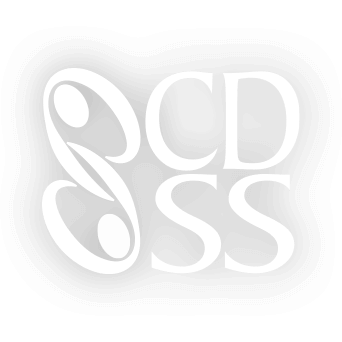
 Thanks to the Massachusetts Cultural Council for their generous support.
Thanks to the Massachusetts Cultural Council for their generous support.
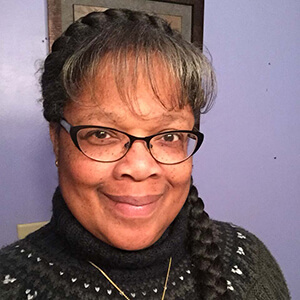 Dena Ross Jennings (Group Facilitator)
Dena Ross Jennings (Group Facilitator)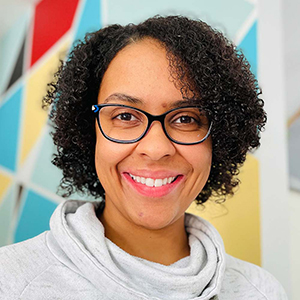 Hannah Assefa
Hannah Assefa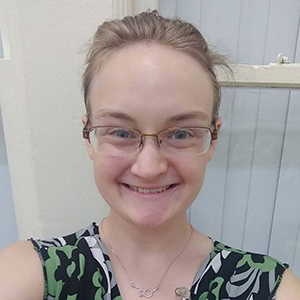 Cayley Buckner
Cayley Buckner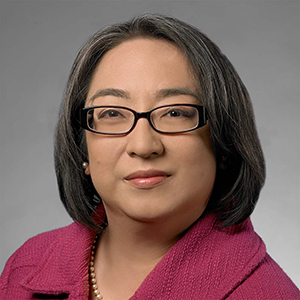 Rima Dael
Rima Dael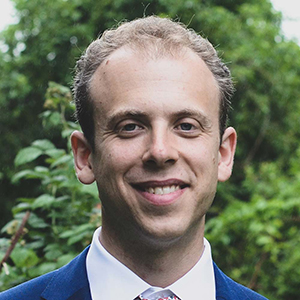 Ezra Fischer
Ezra Fischer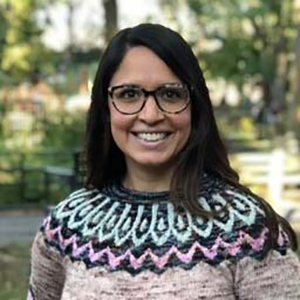 Nadia Gaya
Nadia Gaya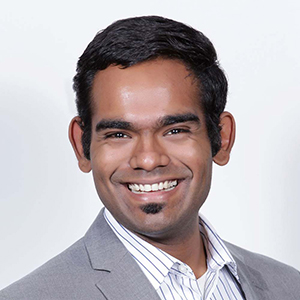 Aravind Natarajan
Aravind Natarajan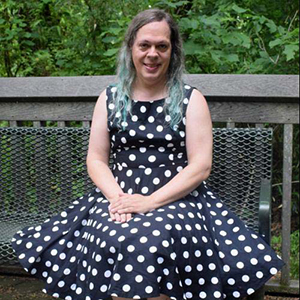 Stephanie Voncannon
Stephanie Voncannon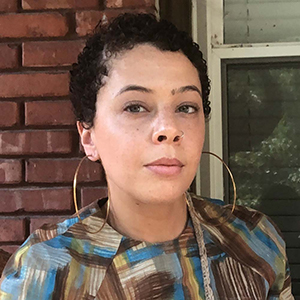 Bailey Walton
Bailey Walton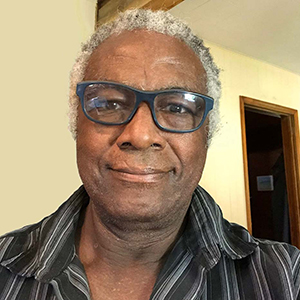 Earl White
Earl White